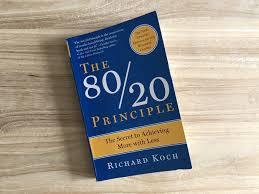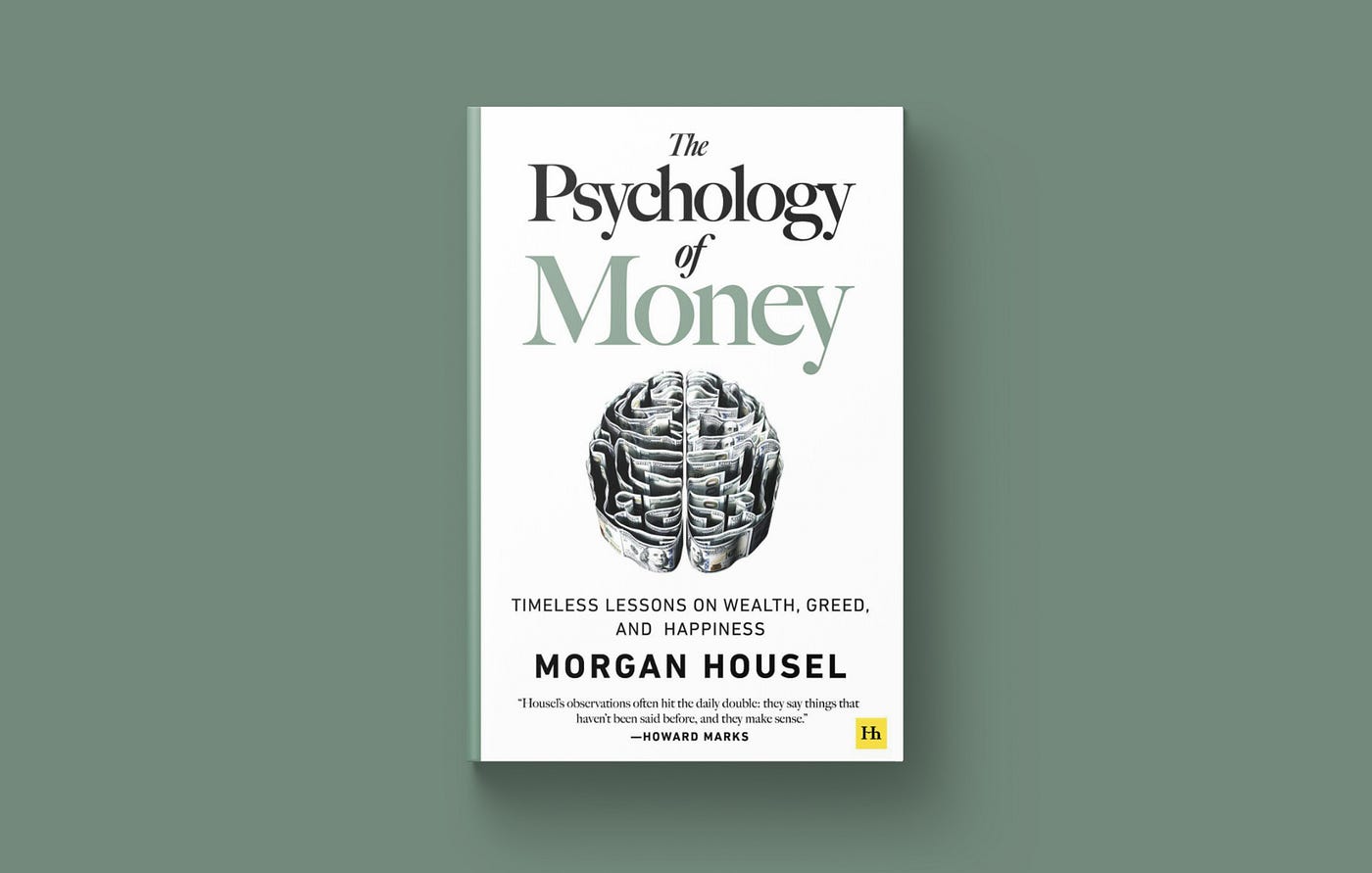Co-authored by John C. Maxwell and Les Parrott, ’25 Ways to Win with People” is a book that presents oneself out to others. How do I put this? The book opens you up to others. Its DNA is set on making others better. It is the soul of adding value to others. The core of high road leadership.
'Making others feel like a million bucks'.
Who knew ways to win with people was actually wrapped up on focusing on ‘the people’ you want to win with?
I always thought (and still struggled to believe it – changing my paradigm) impressing others with what I have and what I can do would make them want to be associated with me: Now I know why it never worked in my favour but to push them further away.
It does make a lot of sense; if I am to succeed in my relationships, I have to care and want to know more about those people I desire great relations with. What they like, their hopes, strengths, dislikes, their stories, etc.
Before anything else, he urges the reader to ‘Start with Self’ as a foundation that will enable him to share what he has already achieved. To give what he has for as he puts it, “you cannot give what you do not have.”
A perfect recipe for building relationships, winning with others.
So, before I delve on building another person, I have to build myself up. Not from a point of selfishness but as a selfless act of giving from an authentic source. A sharing in something I believe in.
This reminds me of the story of Gandhi and the boy whose mother asked Gandhi to tell his boy not to take sugar. Gandhi wouldn’t do that until 3 days later when he came back and did it. Explaining his delay, he said “I could not ask the boy to do what I have not been able to do, so I went and made sure I didn’t use it before I told the boy.”
This is the level of integrity and authenticity that John asks of his readers. The ‘High Road’ way.
One of the favorite quotes I noted from his book include these two:
“All of us are born for a reason, but all of us don’t discover why. Success in life has nothing to do with what you gain in life or accomplish for yourself. It’s what you do for others.”
And the second is found from the first chapter and comes after a wonderful illustration by John’s friend Gary Smalley about the value of money under a subtopic on ‘Recognizing Your Value’. Get it on page 16 & 17.
“Many times, in our lives we are dropped, crumpled, and ground into the dirt by the decisions we make or the circumstances that come our way. We may feel as though we are worthless, insignificant in our own eyes and in the eyes of others. But no matter what has happened or what will happen, we never lose our value as human beings. Nothing can take that away. Never forget that.”
This is a truth worth holding on to through whatever extreme life may present to us. It is an excellent book if you want to make new and old friends into closer friends, colleagues at work (whether your superiors or juniors), family, partners, a stranger by the roadside, bus station, a customer or client, as long as it is a relationship with another human being.
A perfect recipe for building relationships, winning with others.


